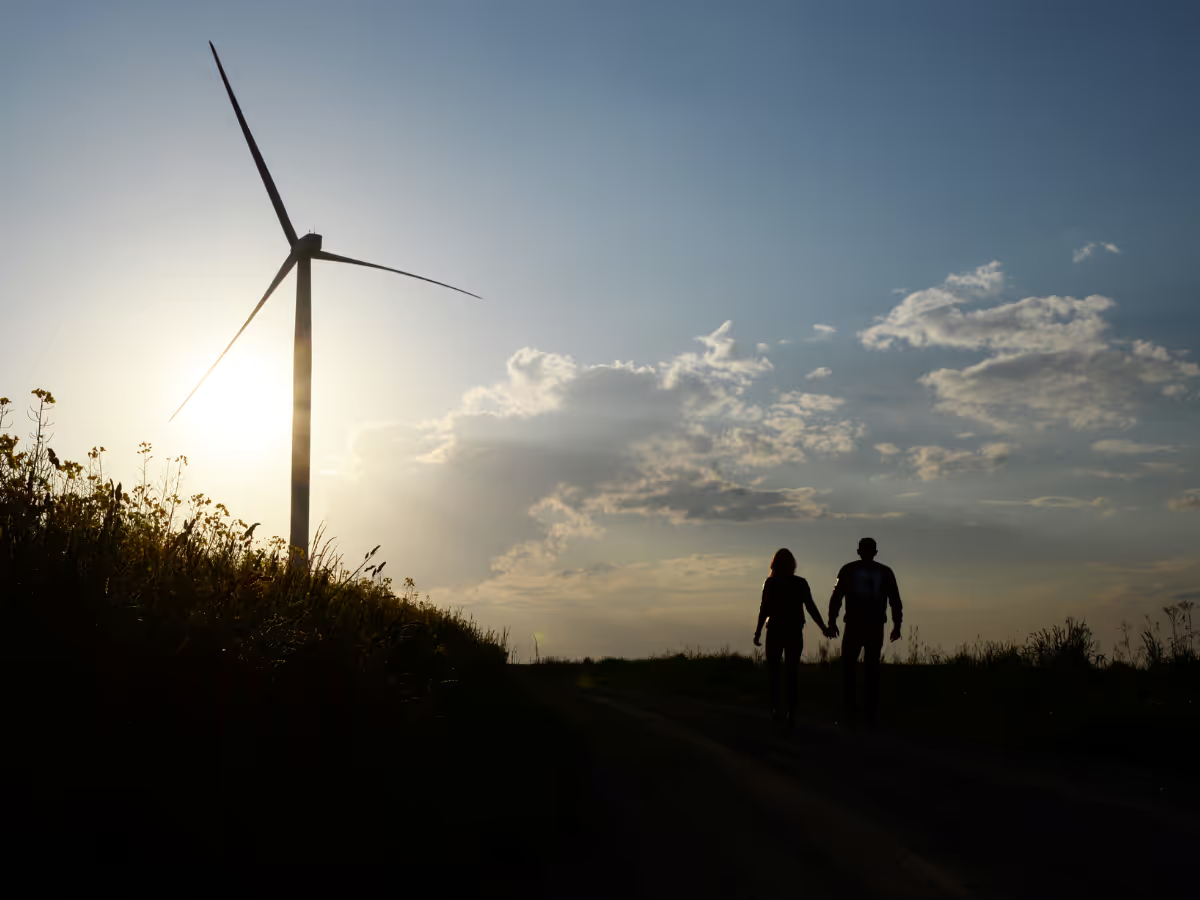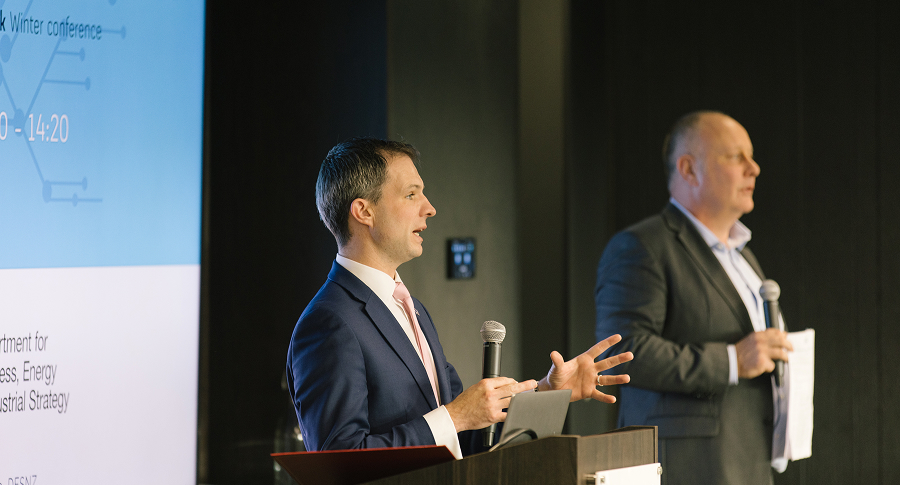At glance
With the UK government's ambitious plans for Clean Power by 2030, alongside GB Energy and the Local Power Plan, we face a pivotal moment to reshape how communities participate in and benefit from the energy transition. Shared ownership, where communities invest alongside developers in clean energy projects, offers a powerful mechanism for a faster and fairer rollout of clean power projects.
Our new paper, Sharing Power: unlocking shared ownership for a fast and fair transition, funded by the William Grant Foundation, provides a comprehensive framework for how shared ownership can support a just energy transition, offering detailed actions for the UK government and GB Energy to harness its potential for people, planet and the UK's net zero mission.
While shared ownership presents a major opportunity for communities to own part of the clean energy transition, it is critical to emphasise that it is not more 'fair' or 'just' by default. As such, there is a clear need to also reduce financial barriers to participation, ensure governance structures within shared ownership projects are inclusive and transparent, and for GB Energy and devolved government initiatives to identify and prioritise capacity support in lower-income, disadvantaged or marginalised communities. This paper sets out clear principles and practice suggestions that should guide shared ownership projects.
This report was produced with support from the William Grant Foundation.














